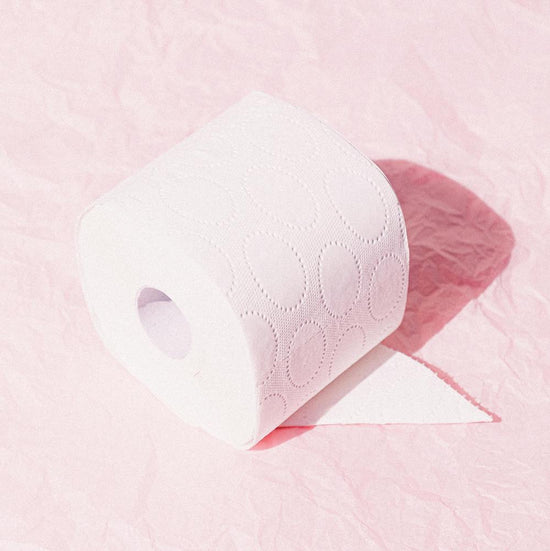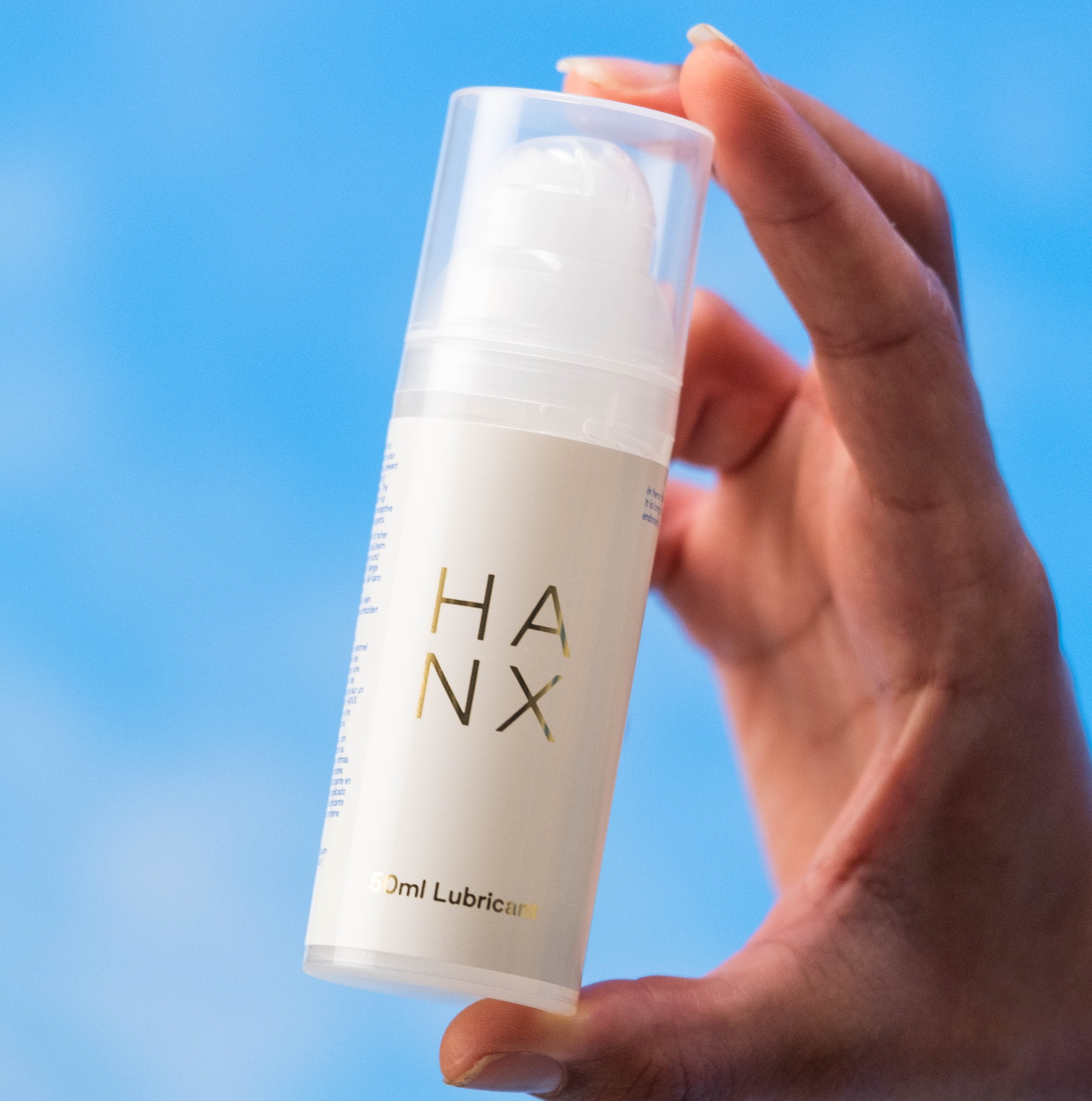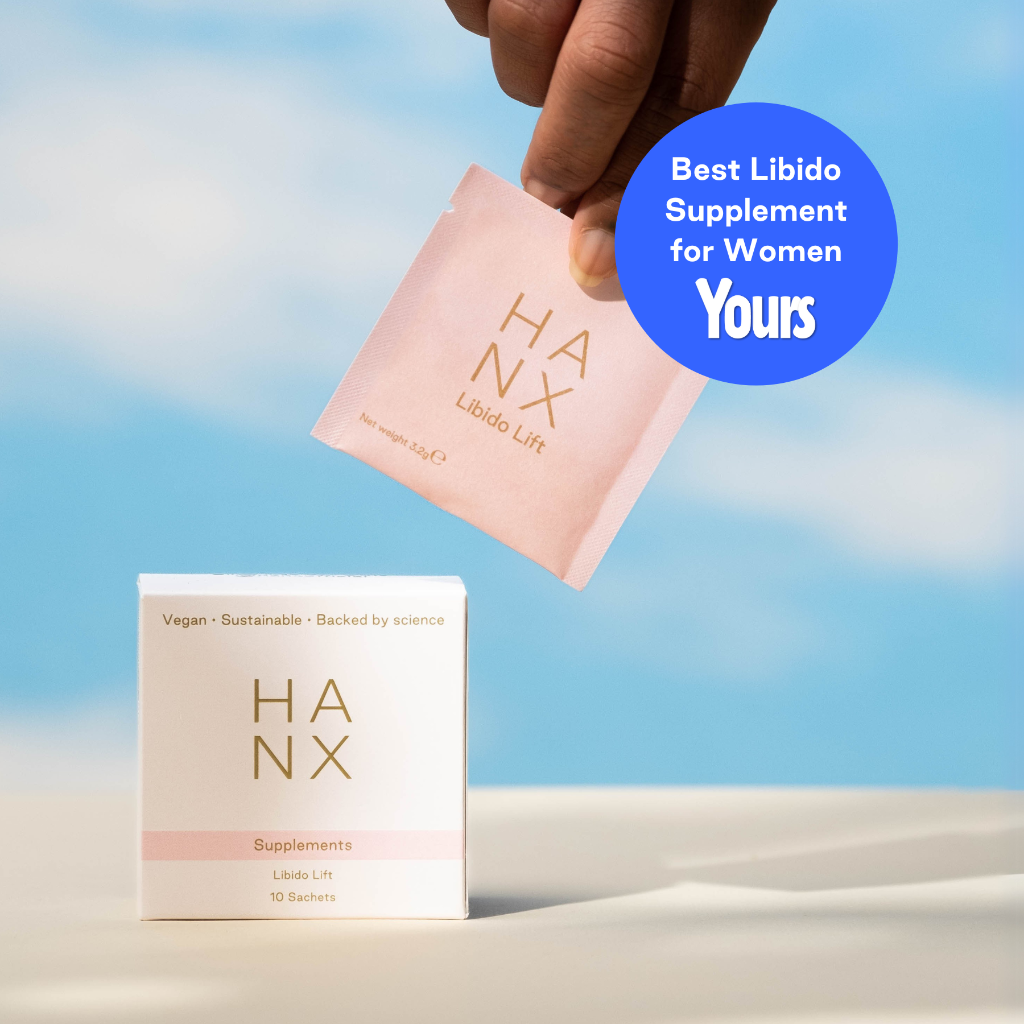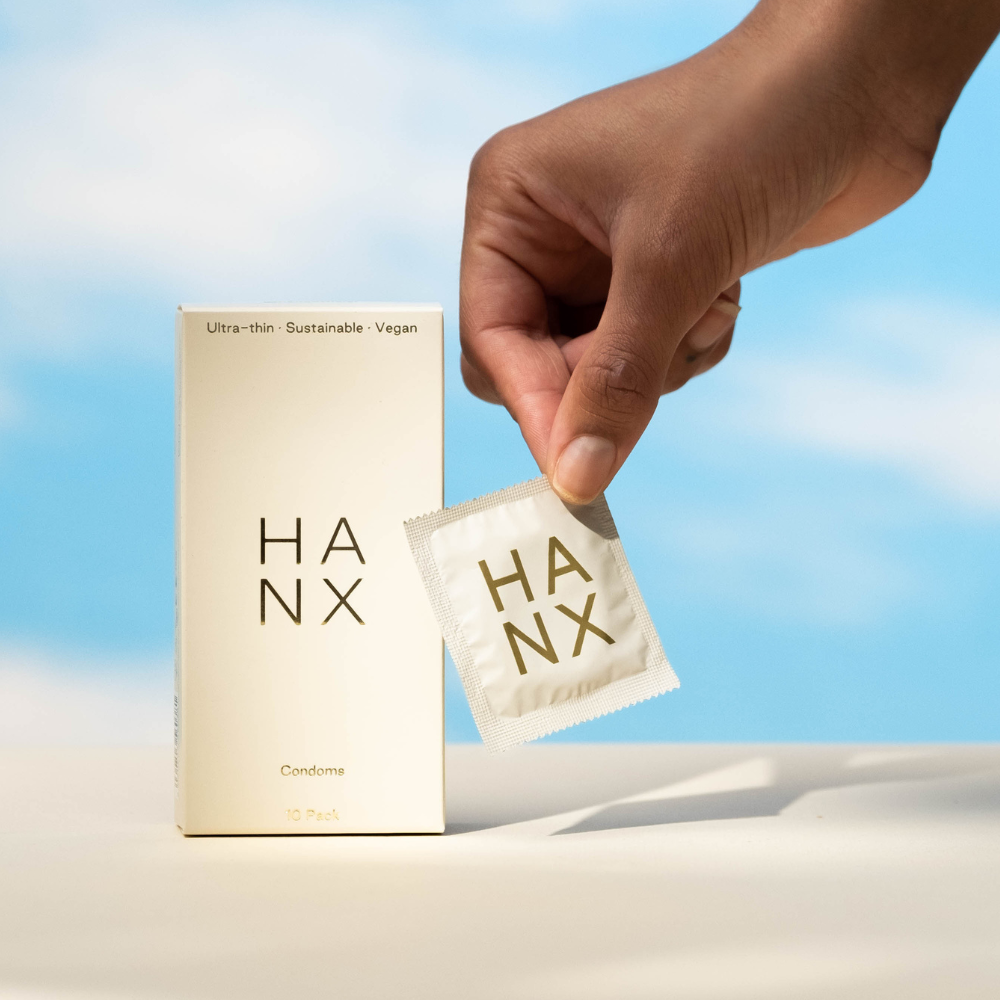Can My ADHD Impact My Sexual Health? What Young Women Need to Know
ADHD often goes underdiagnosed at an early age in women, often due to stereotypes and expectations of behaviours related to the condition. For example, boys with ADHD are more likely to present externalised symptoms such as hyperactivity, poor decision-making, versus daydreaming. It means that the condition isn’t picked up in many of us - leaving us questioning aspects of our behaviour that make us ‘different’. Enter the internet.
Despite perpetuating the trend of saying ‘everyone’s a little bit ADHD’, for those of us on our own journey to an ADHD diagnosis, neurodiverse influencers and advocates such as Ellie Midds can be a major help in understanding our minds - and even our sex lives. It might not seem like an obvious connection, but Attention Deficit Hyperactivity Disorder can potentially impact our behaviour in the bedroom, as Co-Founder of community I Am Paying Attention, Charlotte Mia, detailed in The Times. She’s not alone in tackling this still-taboo element of neurodiverse life - and recent research shows that we really, really need to be talking about it.
This new study, released in July 2024, suggests that young women with Attention Deficit Hyperactivity Disorder (ADHD) face unique challenges when it comes to our sexual and reproductive health (SRH). These important insights shine a light on the potential to pursue risky sexual behaviours and difficulties maintaining long term intimate relationships:
The Report’s Key Findings:
- Struggling to Meet Expectations: Many young women with ADHD fear judgement in clinical settings when discussing their sexual behaviours. This self-stigmatisation can lead to hesitation in seeking help when it’s needed.
- Sexual Risk-Taking: the report showed impulsivity associated with ADHD can result in risky sexual behaviours (such as not using a condom, or forgetting to take a contraceptive pill on time). While this can sometimes lead to a positive, thrilling sexual experience, it can also result in negative outcomes e.g. STIs or unplanned pregnancy.
- Complex Romantic Relationships: Women with ADHD often desire romantic relationships but may struggle due to past experiences, low self-esteem, and conflicts. However, ADHD medication and increased self-awareness were seen to potentially improve relationship quality.
- Vulnerability to Sexual Regrets and Victimisation: Difficulties in assessing partners' intentions can sometimes lead to sexual regrets or even sexual victimisation among young women with ADHD.
The study concludes that there's a pressing need for healthcare professionals to understand the influence of stigma surrounding ADHD and female sexuality. Additionally, recognising how ADHD symptoms can impact sexual and reproductive health is crucial for promoting healthy behaviours and relationships among young women with ADHD.
Our Co-Founder, Dr. Sarah Welsh, is a passionate champion of dismantling stigma around our sexual health - and has this to say regarding the recent findings:
"It's crucial that we create a judgement-free environment where women feel comfortable discussing their sexual health concerns. Every person's experience is unique, and there's no 'normal' when it comes to sex - especially for those who are neurodiverse. It’s really important that sexual health practitioners take note of this newly documented link between ADHD symptoms and risky sexual behaviour and use it to offer more informed care for their female patients with ADHD. It's also really important for young women with ADHD to be aware of the possible tendencies related to the condition which can affect their sexual health, and take steps to ensure their safety and well-being."
So, What’s a girl with ADHD to do?
For those with ADHD, it’s not all doom and gloom! This research suggests there is an answer to the potential barriers around your sexual health and wellness. According to this study, medication and self-knowledge (e.g. emotional regulation, impulse control, and understanding your ADHD symptoms) were able to positively impact participants’ relational quality. These dynamic duos can be total game-changers when it comes to navigating the wild waters of love and lust.
Dr. Sarah notes:
“This research is an important step in the evolution of our understanding of women’s relationship with sex. If you have ADHD and are struggling with your sex life or maintaining relationships, this report might help you feel that you're not alone and there isn’t something ‘wrong’ with you. If you’ve taken part in risky sexual behaviour in the past, the most important thing is advocating for your health now - getting sexual health checks (and keeping them up regularly) and making sure you’re prepared to keep yourself safe moving forward. Remember: there's absolutely no shame in seeking help or advice to navigate happy and healthy sex and relationships.”
Breaking it Down: What This Means for You
- Your experiences and feelings are valid, and you deserve support and understanding.
- Safety First: Impulsivity might make you want to throw caution to the wind, but let's keep it safe and sexy. Making sure that you’re always stocked up on condoms and carrying them, get regular STI checks. We’ve found that we’ve struggled to get an appointment by having to actually call up our GP or sexual health clinic (eek) or remembering to get online quick enough for an appointment doesn’t always work out. Instead ordering a self-test kit via SH:24 takes a lot of the hurdles out of the way.
- Remember, always, always prioritise consent. It should be enthusiastic, expressed and you can change your mind at any time during sex.
- Love Yourself First: Building self-esteem and self-knowledge can be your secret weapons in navigating relationships. Therapy, support groups, or even just some good old-fashioned self-reflection can work wonders.
- Speak Up: Don't be afraid to chat with your healthcare provider about your concerns. They've heard it all before, trust us. And if they're not listening or taking you seriously? Find someone who will! Remember to advocate for yourself.
- Explore Medication: If you're on ADHD medication, you might find that it can affect your libido or desire for sex. Chat with your GP if you find that it’s having a negative impact on your sex life. Sometimes a little tweaking can make a big difference in the bedroom.
Dr. Welsh emphasises, "Sexual health is an important part of our overall wellbeing. Great sex can not just be pleasurable, but improve our mood, energy, self-esteem and even sleep - all of which can be impacted by ADHD. For young women with ADHD, this report shows that it's especially important to be informed, empowered, and proactive about your sexual health as part of a focus on your health and happiness."
Remember, everyone deserves a safe, enjoyable, and fulfilling sex life. If you're struggling, don't hesitate to seek support from healthcare professionals or trusted resources.
Want more?
- Need support? Check out ADHD UK for ADHD support groups near you.
- Want to learn more about sexual health? Check out our top sextok influencers you need to follow.
- Try our best-selling, gynae designed mini suction toy, Cindy.






















